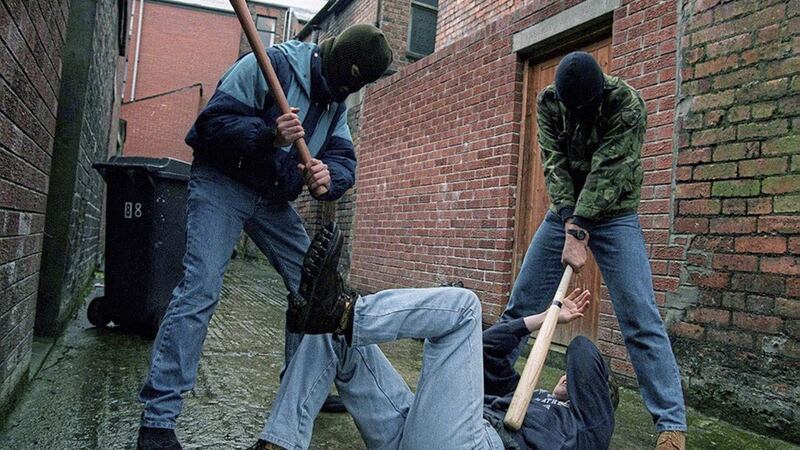Assurances post-Brexit arrangements in Northern Ireland only applied to “pork pies and technical standards” have been challenged in Parliament after a court struck down a key asylum law.
It has been warned at Westminster the ruling will create “a people border” in the Irish Sea.
The controversy comes after a Belfast High Court judgment which stated provisions of the Illegal Migration Act should be disapplied in Northern Ireland as they undermine human rights protections guaranteed in the region under the Windsor Framework.
Ministers have vowed to appeal against the ruling, which also said aspects of the Act were incompatible with the European Convention on Human Rights.
The law aimed to ensure migrants arriving in the UK by routes deemed illegal, such as by small boats, would not be allowed to stay and instead be detained and removed, either to their home country or a safe third country.
Despite this, the Prime Minister has insisted the Belfast judgment will not derail the long-delayed scheme to send asylum seekers to Rwanda.
But the development is seen by critics as further evidence of Northern Ireland still having to follow EU rules post-Brexit and being treated differently from the rest of the UK – a major source of contention to the unionist community despite the resumption of powersharing at Stormont.
Tackling the Government in Parliament, former DUP deputy leader Lord Dodds of Duncairn said claims the Windsor Framework dealt only with trade and goods was “clearly and totally false”.
He added: “There’s going to be a people border if this continues.
“Will the minister deal with the fundamental underlying problem which is the continued supremacy of EU law over vast swathes of the economy and other areas of society in Northern Ireland?”
Home Office minister Lord Sharpe of Epsom said: “Immigration is a reserved matter and the Government has consistently applied immigration law on a UK-wide basis.
“This judgment relates to the Illegal Migration Act so it does not impact our operations or planning for Rwanda.”
Prominent Brexiteer and Tory former MEP Lord Hannan of Kingsclere said: “The Windsor Framework was sold in this House and in the other House as something that would apply to pork pies and technical standards.
“If it now being interpreted to mean that you can strike down primary legislation passed in our Parliament on the basis of the Windsor Framework then surely that is not operating as we understood and does it not call into question the whole basis of it and make the case for a fundamental renegotiation?”
Lord Sharpe said: “The Government intends to take all steps to defend its position including through an appeal.”
Labour frontbencher Lord Coaker said: “Can the minister confirm that if this Belfast judgment stands we will be in a chaotic and damaging situation of asylum seekers having different levels of protection in different parts of the UK.
“How on earth has the Government let it come to this and what assessment has been made of that discrepancy on the movement of asylum seekers across the UK?”
Expressing the Government’s “disappointment” at the judgment, Lord Sharpe said: “We continue to believe that the policy is lawful, that our approach is compatible with international law and specifically that the Illegal Migration Act proposals are compatible with article two of the Windsor Framework.
“So the Government will take all steps to defend its position including through an appeal.”
On the timing of this, the minister added: “The final (court) order is not handed down for another two weeks so an appeal cannot be heard or lodged I suppose until after that final order is handed down.”
Lord Sharpe went on: “We don’t believe this is going to induce people to go to Northern Ireland, because the cohort we are detaining have been considered under existing legislation.
“So those who are part of that cohort can and will be removed to Rwanda. There would be no benefit to their going to Northern Ireland to avoid removal.”









